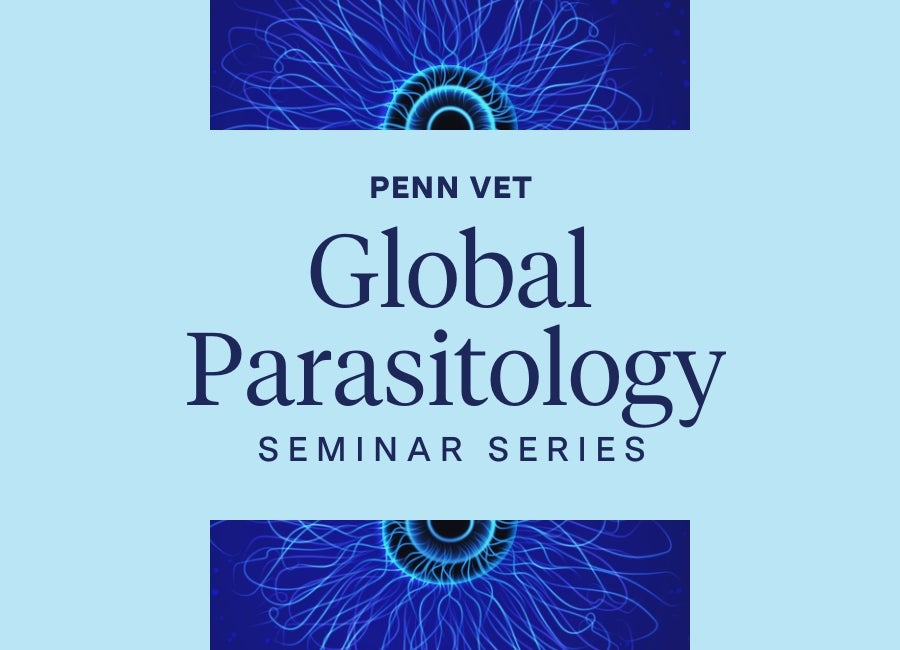
Global Parasitology Seminar: Audrey Odom John
Targeted prodrugs as new treatments for malaria Speaker Audrey Odom John Children’s Hospital of Philadelphia, USA Please note that some talks will be Zoom only, while others are hybrid and can be attended in person or online. Sign up for future announcements or contact Nicole Hurd at nhurd@upenn.edu for further information.


